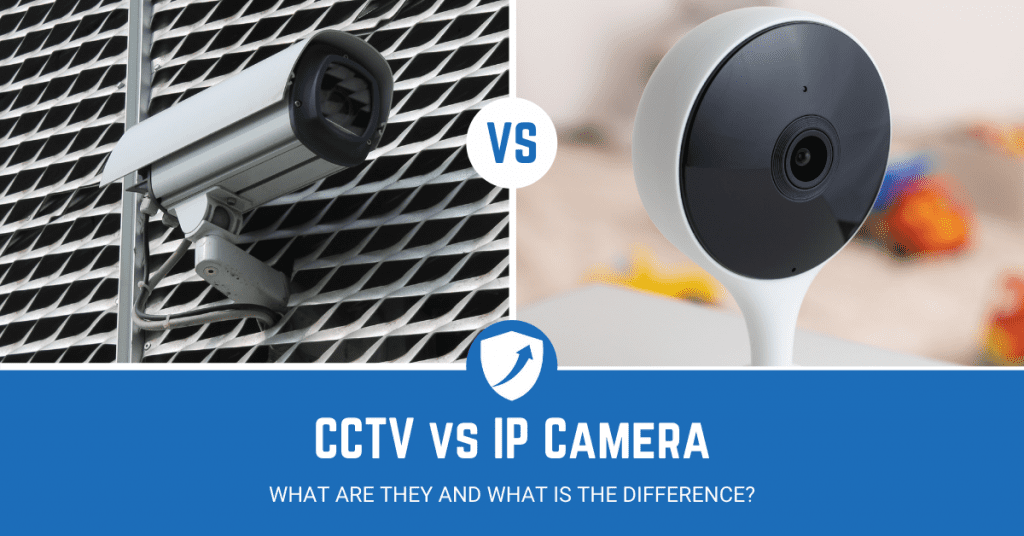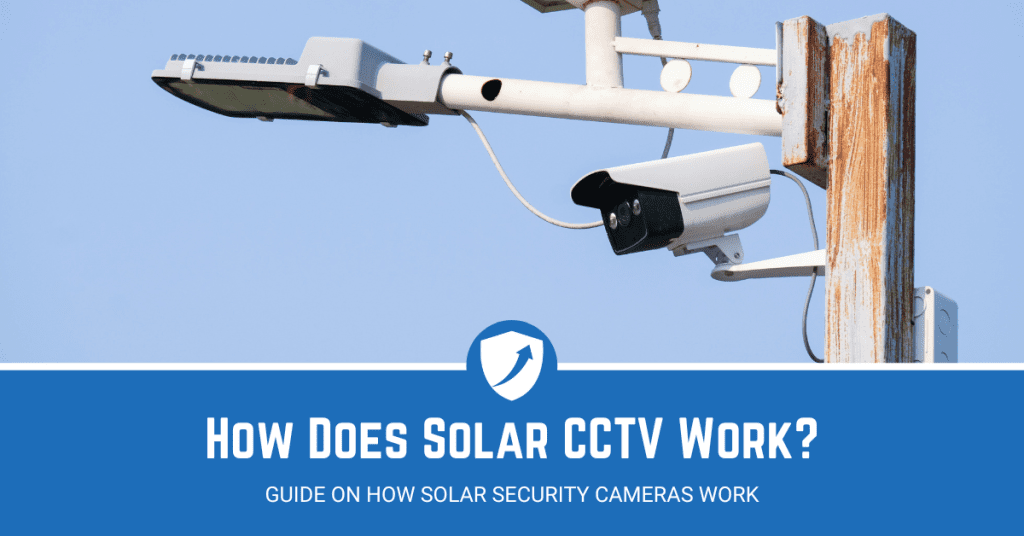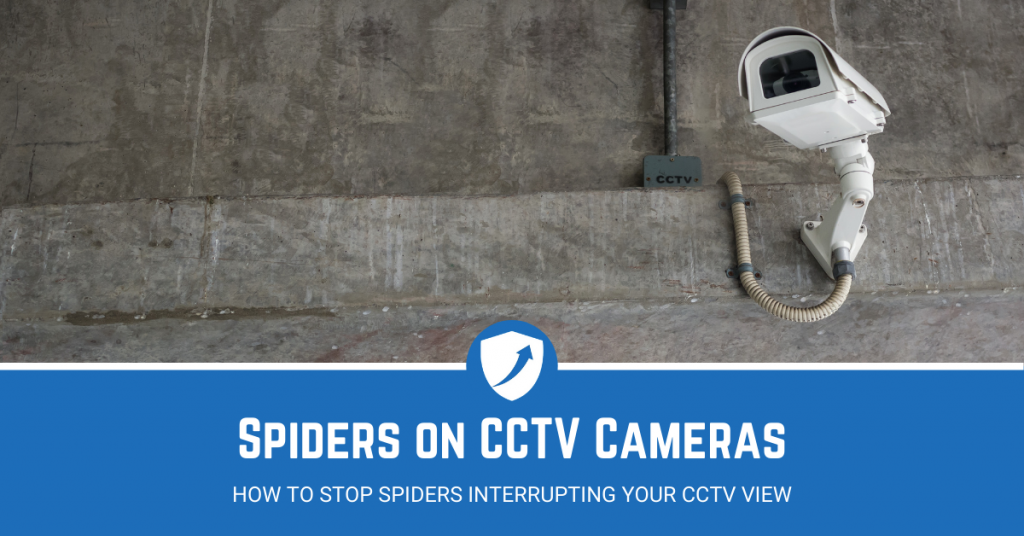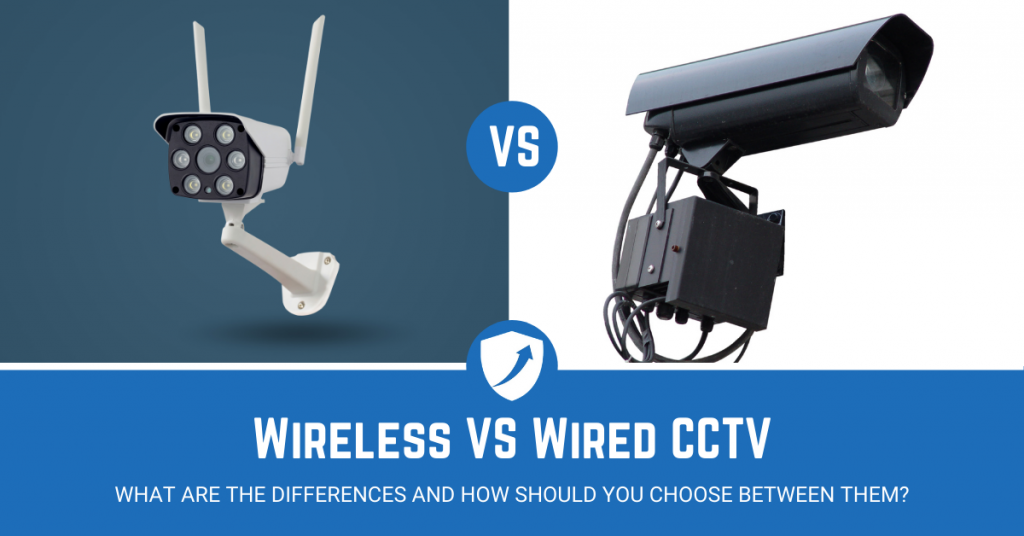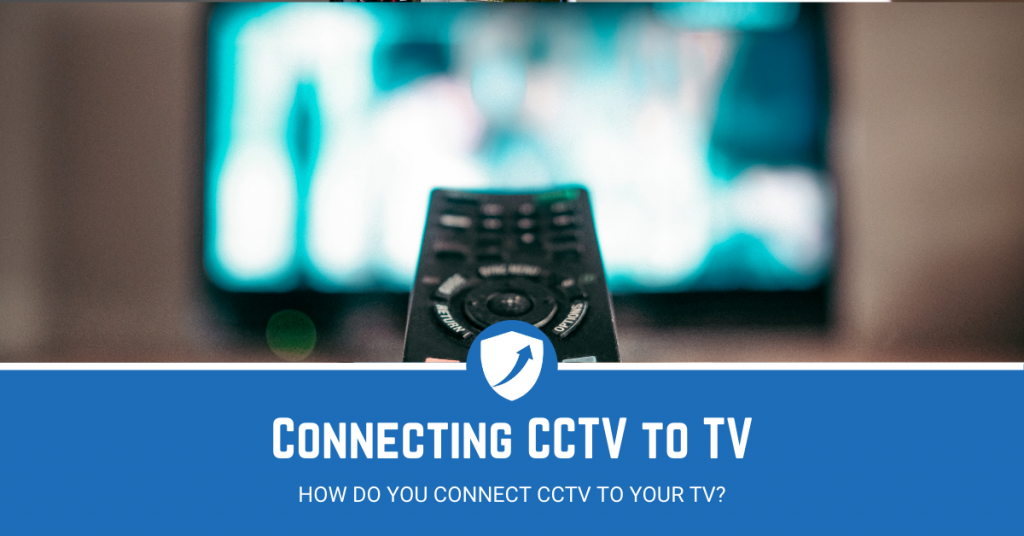In an age where CCTV systems are becoming increasingly common in homes across the UK, it’s essential to know your rights and responsibilities as a homeowner.
You may find yourself asking, can police request CCTV footage from your property?
Understanding the implications of police requests for CCTV footage is not just a matter of legal compliance, but also of ethical consideration.
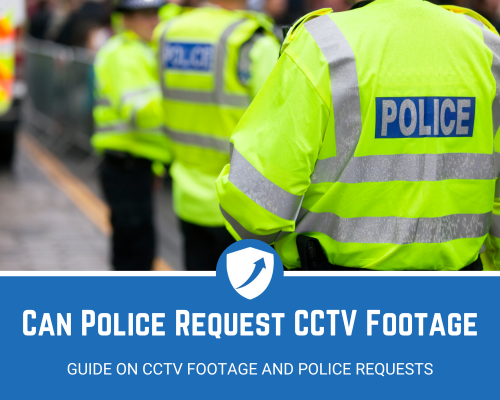
This article aims to be your comprehensive guide on this pressing issue, diving into the legalities, ethical considerations, and practical aspects of police requests for your home CCTV footage.
Whether you’re weighing up the costs of installing a new CCTV system or looking to understand how your existing one interacts with law enforcement, this guide will equip you with the knowledge you need.
What's in this Guide?
What Do You Need to Know About CCTV Laws and Police Requests?
As a homeowner considering installing a CCTV system, you may wonder, can police request CCTV footage from your property?
It’s crucial to understand the regulations and guidelines surrounding this topic.
In the UK, where CCTV usage is widespread, awareness of police requests for footage can save you from legal headaches later on.
What Rights Do Police Have to Access CCTV Footage in the UK?
Before delving into the details, it’s important to know what rights the police actually have when it comes to CCTV footage.
The relationship between homeowners and law enforcement changes dramatically when cameras are involved.
How Do Police Normally Request CCTV Footage?
Police request for CCTV footage usually involves formal documentation, including a written request and sometimes even a court order.
The request usually specifies what footage is required and for what purpose, often related to an investigation or as CCTV footage as evidence.
What Legal Framework Governs Police Requests for CCTV Footage?
In the UK, the Data Protection Act 2018 is the governing law. It’s vital to be familiar with this legislation, as it lays down the rules for how your CCTV footage can be accessed and used.
“Ignorance of the law excuses no one, especially when it comes to CCTV footage and police requests. Familiarize yourself with the Data Protection Act 2018.”
What Rights Do Homeowners Have When Police Request CCTV Footage?
Knowing what the police can do is half the battle; understanding your own rights as a homeowner is equally important.
Can You Refuse Police Requests for CCTV Footage?
Technically, you can refuse a police request for CCTV footage UK, unless they come with a court order. Without a court order, the police may ask for your consent to obtain the footage, and you have the right to decline.
What Happens If You Don’t Comply With Police Requests?
If you decline a police request for CCTV footage without a court order, there are usually no immediate penalties. However, refusal to comply with a court order can result in legal repercussions, including fines and other penalties.
Steps to Take When Police Request Your CCTV Footage
- Step 1: Verify the identity of the requesting officer.
- Step 2: Ask for formal documentation.
- Step 3: Consult the Data Protection Act.
- Step 4: Ensure ethical considerations are met.
- Step 5: Hand over the footage or prepare for legal implications.
How to Prepare Your CCTV System for Possible Police Requests?
Table: Comparison of CCTV Systems Based on Compliance with Police Requests
| Features | Level of Compliance | Price Range |
|---|---|---|
| High-Resolution | High | $$$ |
| Cloud Storage | Moderate | $$ |
| Motion Sensors | Low | $ |
Being prepared involves more than knowing the law; it also includes having a home CCTV system that easily allows for how to get CCTV footage from police if required.
High-resolution systems with cloud storage often provide the most flexibility when it comes to sharing footage with law enforcement.
What Types of CCTV Systems Are Most Compliant With Police Requests?
For the best results, opt for high-resolution cameras that store data in the cloud.
This makes it easier when the police request footage, ensuring that CCTV footage as evidence is of the highest quality.
What Are the Ethical Considerations of Sharing CCTV Footage With the Police?
In an era of increasing surveillance, ethical considerations cannot be ignored.
So, when considering whether to give police CCTV footage, one must also ponder the ramifications of sharing such footage.
Is Sharing CCTV Footage With Police Always Ethical?
Sharing CCTV footage as evidence can sometimes raise ethical questions, especially concerning the privacy of individuals caught on camera who may not be involved in any criminal activity.
Before releasing any footage, it’s important to ensure that you are not infringing on anyone’s privacy rights.
“Ethical considerations add a layer of complexity to the simple question: Can police request CCTV footage? Being aware of this aspect is crucial.”
What Should You Consider When Installing a New CCTV System?
It’s not just about knowing the current laws and your rights; you should also be future-proofing your security measures.
When considering a new CCTV system, think about how it will interact with law enforcement requests.
Things to Consider When Buying a CCTV System
- Feature Requirements: What do you need the system to do?
- Legal Compliance: Is the system compliant with UK CCTV laws?
- Ease of Access: How easy is it for you to access and share the footage?
- Data Storage: How long does the system store the footage?
- Ethical Concerns: Does the system come with features that can help you safeguard individual privacy?
How Can Upcoming Security Help You Navigate CCTV Laws?
Upcoming Security, with its vast experience and network in the UK’s security industry, can be your guide through the maze of CCTV regulations and police requests.
“Leverage over 20 years of industry experience and a network of experts, manufacturers, and end-users to make informed decisions about your home CCTV system.”
Frequently Asked Questions about Police and CCTV
| Questions | Brief Answers |
|---|---|
| Can police request CCTV footage without a warrant? | Typically, no—unless you voluntarily offer it. |
| How long should I keep CCTV footage? | The Data Protection Act recommends 30 days. |
| Are there penalties for not sharing CCTV footage? | Failure to comply with a court order can result in legal penalties. |
This article aimed to arm you with the necessary information on police request for CCTV footage in the UK, ensuring that you can make informed decisions both ethically and legally.
We’ve covered the legal framework, ethical considerations, and practical aspects, all aimed at preparing you for any scenario involving the police and your home CCTV system.
Knowledge is your best defense; make sure you’re fully equipped.







